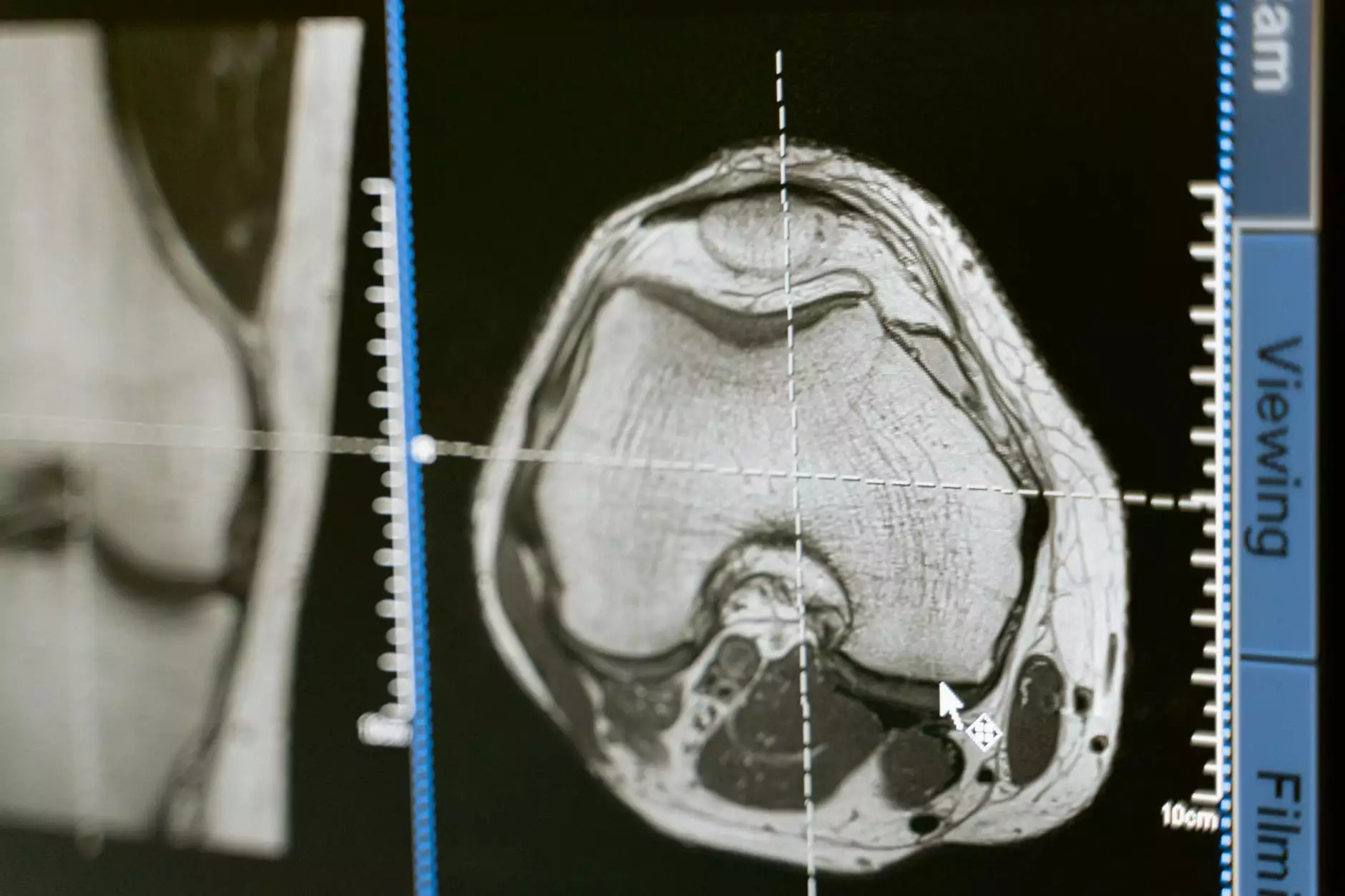Forensic Readiness Planning: A Comprehensive Guide for Business Success

In today’s digital landscape, businesses face a myriad of challenges regarding data security, legal compliance, and IT management. One of the fundamental strategies for addressing these issues is forensic readiness planning. This practice not only safeguards your organization but also enhances your overall operational efficiency. In this extensive article, we will delve deep into the concept of forensic readiness planning, its importance, implementation strategies, and the benefits it brings to businesses, particularly in the realm of IT Services & Computer Repair and Security Systems.
Understanding Forensic Readiness Planning
Forensic readiness planning involves developing a systematic approach to manage and respond to potential data breaches, legal disputes, and other incidents that may compromise the integrity of business operations. This proactive strategy ensures that organizations are prepared to gather and analyze data in a legal and efficient manner, allowing them to establish a strong defensive position against potential threats.
Importance of Forensic Readiness Planning
Implementing forensic readiness planning is crucial for multiple reasons:
- Legal Compliance: Businesses are obligated to comply with various regulations regarding data protection and privacy. A well-structured forensic readiness plan helps ensure that your organization adheres to these laws.
- Incident Response: Being prepared for incidents allows businesses to respond quickly and effectively, minimizing potential damage.
- Data Integrity: Ensuring the integrity of data management processes helps build trust with customers and stakeholders.
- Cost Management: Early detection and response can significantly reduce costs associated with data breaches and legal battles.
Key Components of Forensic Readiness Planning
A robust forensic readiness plan consists of several key components that interlink to form a comprehensive strategy:
1. Risk Assessment
Conducting a thorough risk assessment is the first step in forensic readiness planning. This involves:
- Identifying potential vulnerabilities within your IT infrastructure.
- Assessing the likelihood of various threats, including data breaches and cyberattacks.
- Determining the potential impact these threats could have on the organization.
2. Policy Development
Developing clear policies regarding data management, incident response, and employee conduct is crucial. These policies should align with:
- Regulatory requirements.
- Industry standards.
- Organizational goals.
3. Incident Response Plan
An incident response plan details the steps your organization will take in the event of a data breach or other security incident. This plan should include:
- Immediate actions to contain and assess the incident.
- Communication protocols, both internal and external.
- Procedures for data preservation and evidence gathering.
4. Employee Training
Your employees are your first line of defense. Regular training ensures they understand the importance of data security and their role in forensic readiness. Training should cover:
- Recognizing phishing attacks and social engineering tactics.
- Understanding data protection policies.
- Reporting potential security incidents promptly.
Implementing Forensic Readiness Planning
Now that we understand the essential elements of forensic readiness planning, it's time to explore how businesses can implement these strategies effectively:
Step 1: Assess Your Current State
Begin by taking stock of your current data management practices, security policies, and incident response mechanisms. Identify gaps and areas for improvement to lay the groundwork for your forensic readiness plan.
Step 2: Establish a Forensic Readiness Team
Form a dedicated team responsible for forensic readiness. This team should include members from various departments, such as IT, legal, and operations, to ensure a well-rounded approach.
Step 3: Develop and Document Policies
Draft clear and concise policies regarding data handling, incident reporting, and response protocols. Ensure these documents are accessible and communicated clearly within the organization.
Step 4: Invest in Technology
Utilize advanced security technologies that support forensic readiness, such as:
- Intrusion Detection Systems (IDS): Monitor network traffic for suspicious activity.
- Data Loss Prevention (DLP): Prevent unauthorized data access and transmission.
- Endpoint Protection Solutions: Secure all endpoints within your organization.
Step 5: Regularly Test and Update Your Plan
Forensic readiness is not a one-time effort; it requires continuous testing and updates. Conduct regular drills and audits to ensure your plan remains effective in light of evolving threats.
Benefits of Forensic Readiness Planning
Organizations that prioritize forensic readiness planning can reap several significant benefits:
1. Enhanced Security Posture
By proactively addressing vulnerabilities and preparing for potential incidents, organizations can bolster their security posture against external threats.
2. Improved Financial Outcomes
Mitigating the impact of security incidents can result in substantial cost savings, protecting the organization’s bottom line.
3. Increased Stakeholder Trust
Demonstrating a commitment to data security fosters trust among customers, partners, and other stakeholders, ultimately enhancing your brand’s reputation.
4. Legal Protection
A well-structured forensic readiness plan can serve as a valuable asset in legal proceedings, helping organizations demonstrate compliance and due diligence.
Conclusion
In conclusion, forensic readiness planning is an essential strategy for modern businesses, especially in the sectors of IT Services & Computer Repair and Security Systems. By adopting this proactive approach, organizations can safeguard their data, ensure compliance, and enhance their overall security posture. As the digital landscape continues to evolve, the need for a solid forensic readiness plan will only grow, making it an indispensable component of business strategy. By investing in forensic readiness today, you'll ensure your organization's resilience against tomorrow's challenges.









